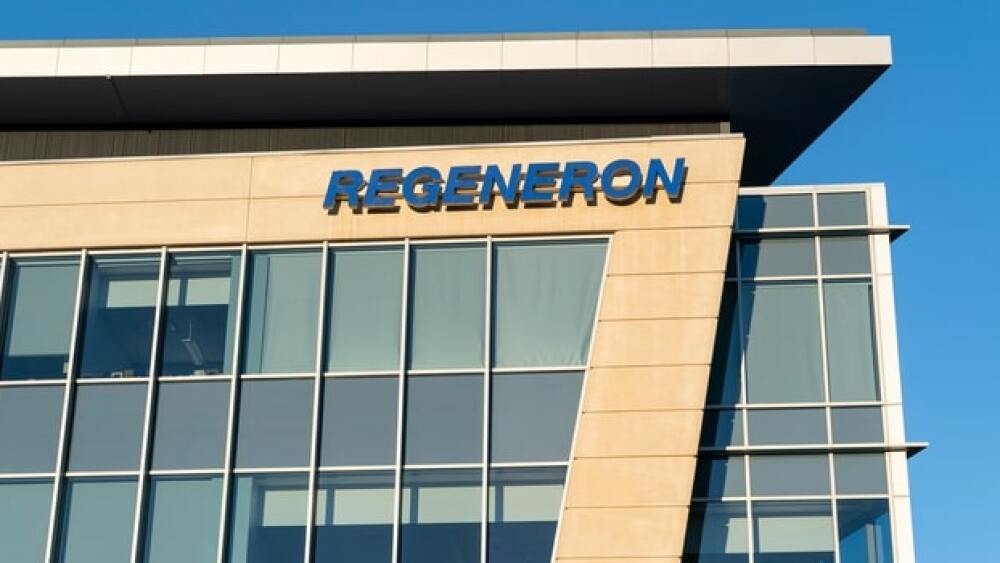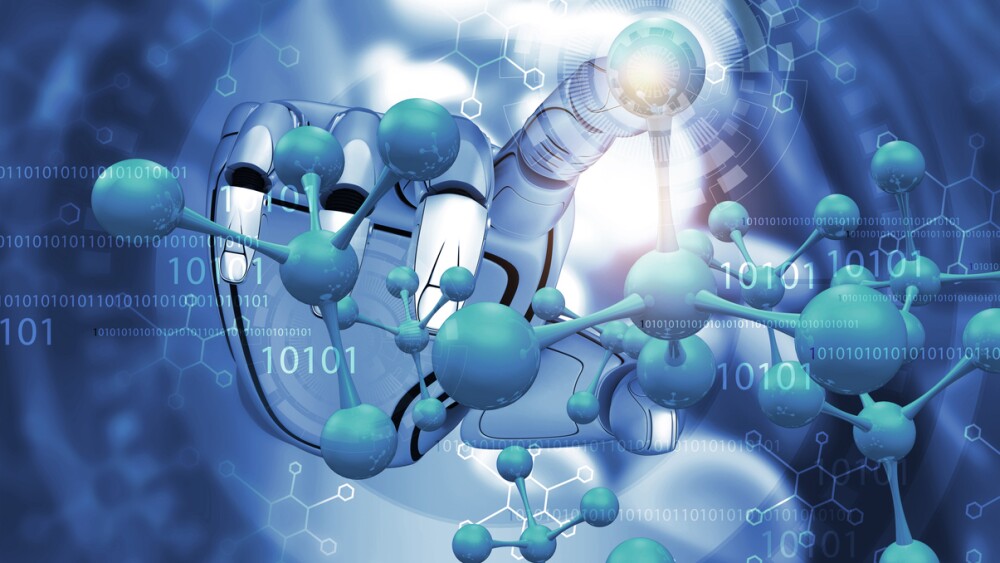MARLBOROUGH, Mass.--(BUSINESS WIRE)--Sunovion Pharmaceuticals Inc. (Sunovion) today announced the initiation of its global Phase 2 program for SEP-363856, a novel, investigational psychotropic agent being studied as a treatment for patients with schizophrenia or Parkinson’s disease psychosis. The Phase 2 program is comprised of three studies designed to evaluate the safety, efficacy and tolerability of SEP-363856.
“The advancement of SEP-363856 demonstrates Sunovion’s ongoing commitment to address serious psychiatric and neurological conditions, and we appreciate the support of the patients and health care providers who are participating in these clinical studies.”
Preclinical models suggest that SEP-363856 has the potential to treat the positive and negative symptoms of schizophrenia, as well as the hallucinations and delusions commonly experienced by patients with Parkinson’s disease (PD). Convergent translational evidence from Phase 1 studies in normal healthy volunteers and in patients with schizophrenia support further investigation of this novel, non-D2 mechanism of action psychotropic agent. SEP-363856 was identified by Sunovion researchers in collaboration with PsychoGenics Inc. using its proprietary in vivo SmartCube® systems biology drug discovery platform.
“With its differentiated mechanism of action and in vitro activity, we believe that SEP-363856 has the potential to be an important therapeutic option,” said Antony Loebel, M.D., Executive Vice President and Chief Medical Officer at Sunovion. “The advancement of SEP-363856 demonstrates Sunovion’s ongoing commitment to address serious psychiatric and neurological conditions, and we appreciate the support of the patients and health care providers who are participating in these clinical studies.”
The three Phase 2 studies of SEP-363856 include:
- SEP361-201: A 4-week, randomized, double-blind, parallel-group, placebo controlled, flexibly-dosed, multicenter study to evaluate the efficacy and safety of SEP-363856 in acutely psychotic adult subjects with schizophrenia (global) [NCT02969382]
- SEP361-202: A 26-week open-label safety and tolerability extension study of SEP-363856 in adult subjects with schizophrenia (global) [NCT02970929]
- SEP361-203: A randomized, parallel group, multicenter study to evaluate the efficacy, safety and tolerability of SEP-363856 in subjects with Parkinson’s disease psychosis (U.S. only) [NCT02969369]
Sunovion has a track record of discovery, development and commercialization of important therapies to treat serious conditions of the central nervous system. Sunovion has a number of innovative molecules in early development, which originate from a unique systems neurobiology platform pioneered at Sunovion for finding new candidates to address unmet medical needs in psychiatry and neurology.
About Schizophrenia
Schizophrenia is a chronic, serious and often severely disabling brain disorder that affects more than 21 million people worldwide and approximately one in 100 adults (about 2.4 million people) in the United States.1 It is characterized by positive symptoms such as hallucinations, delusions and disorganized thinking as well as negative symptoms such as lack of emotion, social withdrawal and lack of spontaneity as well as cognitive impairment that includes problems with memory, attention and the ability to plan, organize and make decisions.2
About Parkinson’s Disease (PD) and PD Psychosis (PDP)
Parkinson’s disease (PD) is a chronic, progressive neurodegenerative disease, affecting an estimated four to six million people worldwide and more than one million people in the U.S. PD is the second most common neurodegenerative disease after Alzheimer’s disease, with its prevalence increasing with the aging population. Parkinson’s disease psychosis (PDP), which includes hallucinations and delusions, is a common complication of the disease, affecting as many as 60 percent of patients with PD.3 PDP is a strong predictor for nursing home placement and mortality among PD patients4 and also represents a significant burden for caregivers.
About SEP-363856
SEP-363856 is a potential psychotropic agent with a novel non-D2 mechanism of action. The molecular target(s) responsible for the profile of effects is unknown, but may include agonism at 5-HT1A and TAAR1 (trace amine-associated receptor 1) receptors. SEP-363856 is being studied in a global Phase 2 program, and preclinical models suggest that SEP-363856 may be able to treat the positive and negative symptoms of schizophrenia as well as Parkinson’s disease psychosis. Clinical experience to date demonstrates an excellent pharmacokinetic (PK) profile, central effects in schizophrenic patients and a safety profile supporting further clinical development.
About Sunovion Pharmaceuticals Inc. (Sunovion)
Sunovion is a global biopharmaceutical company focused on the innovative application of science and medicine to help people with serious medical conditions. Sunovion’s vision is to lead the way to a healthier world. The Company’s spirit of innovation is driven by the conviction that scientific excellence paired with meaningful advocacy and relevant education can improve lives. With patients at the center of everything it does, the Company has charted new paths to life-transforming treatments that reflect ongoing investments in research and development and an unwavering commitment to support people with psychiatric, neurological and respiratory conditions. Sunovion’s track record of discovery, development and commercialization of important therapies has included Brovana® (arformoterol tartrate), Latuda® (lurasidone HCI), and most recently Aptiom® (eslicarbazepine acetate).
Headquartered in Marlborough, Mass. Sunovion is an indirect, wholly owned subsidiary of Sumitomo Dainippon Pharma Co., Ltd. Sunovion Pharmaceuticals Europe Ltd., based in London, England, and Sunovion Pharmaceuticals Canada Inc., based in Mississauga, Ontario, and Sunovion CNS Development Canada ULC, based in Toronto, Ontario are wholly-owned direct subsidiaries of Sunovion Pharmaceuticals Inc. Additional information can be found on the Company’s web sites: www.sunovion.com, www.sunovion.eu and www.sunovion.ca. Connect with Sunovion on Twitter, LinkedIn, Facebook and YouTube.
About Sumitomo Dainippon Pharma Co., Ltd.
Sumitomo Dainippon Pharma is among the top-ten listed pharmaceutical companies in Japan operating globally in major pharmaceutical markets, including Japan, the United States, China and the European Union. Sumitomo Dainippon Pharma aims to create innovative pharmaceutical products in the Psychiatry & Neurology area and the Oncology area, which have been designated as the focus therapeutic areas. Sumitomo Dainippon Pharma is based on the merger in 2005 between Dainippon Pharmaceutical Co., Ltd., and Sumitomo Pharmaceuticals Co., Ltd. Today, Sumitomo Dainippon Pharma has about 7,000 employees worldwide. Additional information about Sumitomo Dainippon Pharma is available through its corporate website at www.ds-pharma.com.
BROVANA is a registered trademark of Sunovion Pharmaceuticals Inc.
LATUDA
is a registered trademark of Sumitomo Dainippon Pharma Co., Ltd.
APTIOM
is used under license from BIAL.
Sunovion Pharmaceuticals Inc. is a U.S. subsidiary of Sumitomo Dainippon
Pharma Co., Ltd.
© 2016 Sunovion Pharmaceuticals Inc.
For a copy of this release, visit Sunovion’s web site at www.sunovion.com
References
1Regier DA, Narrow WE, Rae DS, Mandercheid RW, Locke B2,
Goodwin, FK. The de Facto US Mental and Addictive Disorders Service
System. Arch Gen Psychiatry. 1993;50:85-94. Calculated by extrapolating
from the 2008 United States Census Bureau population estimates.
2
National Institute of Mental Health. Schizophrenia. [Internet].
Available from: http://www.nimh.nih.gov/health/topics/schizophrenia/index.shtml.
Accessed August 2016.
3 Fenelon 2010 Movement Disorders,
v25, pg763, abstract
4 Aarsland 2000 Journal of American
Geriatric Society, v48, pg 938, conclusion
Contacts
Sunovion Pharmaceuticals Inc.
Kristina Coppola, 508-787-4368
Sr.
Manager, Corporate Communications
kristina.coppola@sunovion.com




